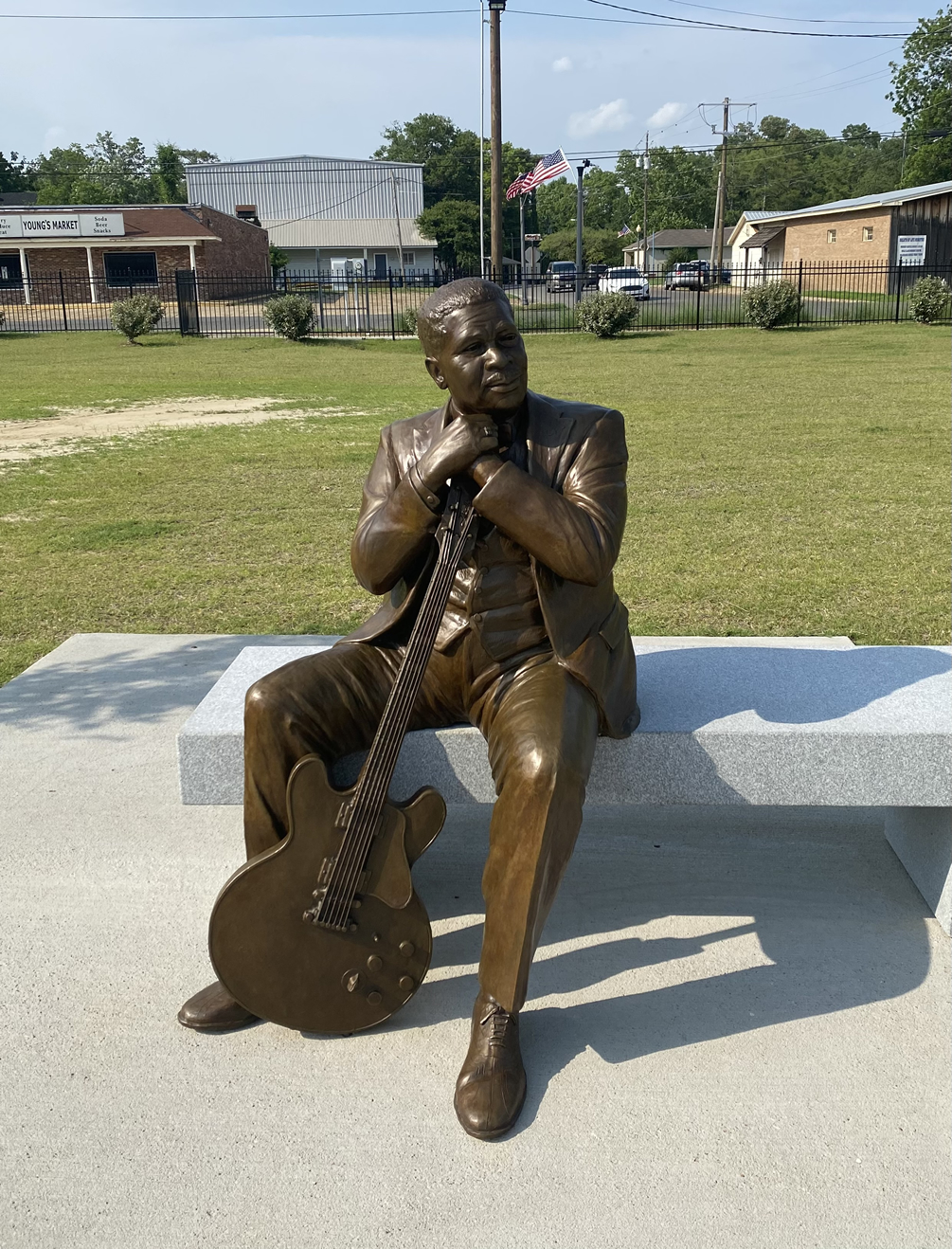The Importance of Historical and Cultural Contexts when Entering Communities

Meghann Lewis
1st Year MPH Student- HBHE
There are so many things that I have reflected upon since returning from our trip to Mississippi: the warm welcomes we received from community members, the challenges that we experienced while carrying out our fieldwork, and the personal connections that were made among classmates within a matter of days. However, I decided to use this final blog to write about our class’s exposure to the culture and history of the Mississippi Delta region.
In my first blog, I mentioned that my knowledge about Mississippi was essentially limited to the presence of poor health outcomes that occur in the state, particularly in more rural regions. As up-and-coming public health practitioners, we are taught to check our assumptions before entering new communities, but few MPH students actually get the chance to learn the importance of doing so firsthand during fieldwork/applied practice. The Delta region should by no means be characterized by poor health outcomes and other negative stereotypes; rather, it should be described as a region marked by resiliency, strong communities, and an extremely rich culture and history.
Our class had the opportunity to visit several museums and historical sites, including the Delta Blues Museum, the B.B. King Museum, the Emmett Till Interpretive Center, and the Fannie Lou Hamer Monument. Many students commented on the fact that they were never taught about Fannie Lou Hamer—an important voting, women’s, and civil rights activist—in school. I spoke with a couple of my peers about our lack of knowledge on the genre of Blues, particularly its roots in Black communities and influence on other genres of music across the U.S. and world. I am very grateful that we had numerous opportunities to learn more about the Delta. For me, these experiences really highlighted that when entering a community, individuals and/or groups should take time away from their fieldwork to actively learn more about the community outside of the issue that they are working on. Had we not sought out these cultural experiences, my understanding of the Delta would be limited to its Food Rx programs. While engaging with these programs was clearly the main purpose of our experience, I quickly understood that there is a lot more to learn about the region outside of the realm of food access. Learning more about the history of the region helped provide more context for the need for the Food Rx programs that we evaluated, effectively enriching the evaluation that we conducted.
A week ago, I knew next to nothing about the Delta and its many communities. I’d now encourage readers to check their own assumptions about the region and to consider paying a visit to learn more about its important history, as well as to listen to some great music.
